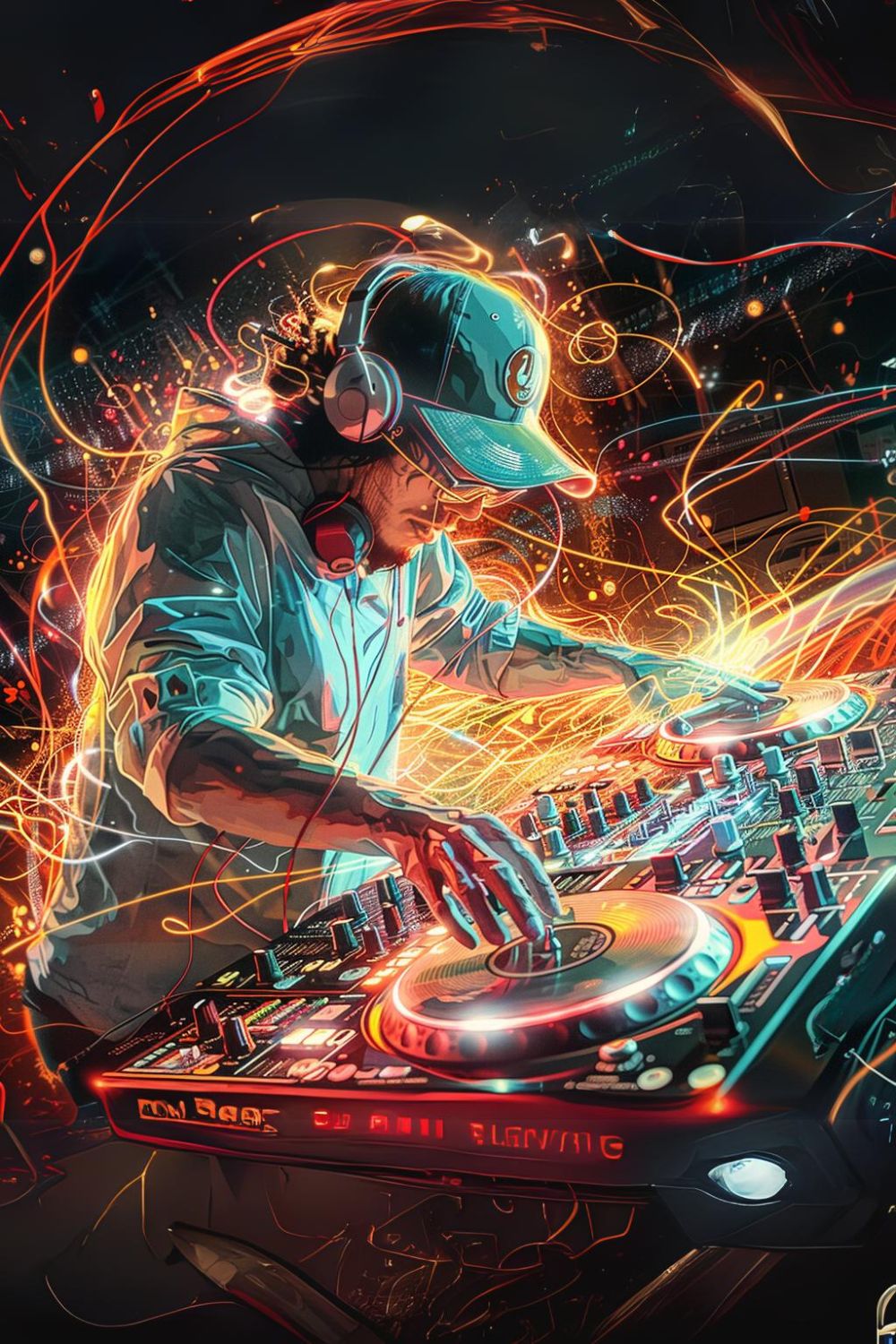Hip-hop music is more than just a genre; it is a cultural movement that has shaped fashion, language, and social norms across the world. Emerging in the 1970s in the Bronx, New York, hip-hop has grown into a global phenomenon influencing multiple industries, from entertainment to politics. In this blog, we will explore the evolution, key elements, impact, and future of hip-hop music.
The Origins of Hip-Hop Music
Hip-hop originated in the late 1970s as an underground movement in the Bronx. DJ Kool Herc, one of the pioneers, introduced breakbeats, which laid the foundation for hip-hop beats. The genre quickly became an outlet for self-expression among marginalized communities, addressing issues such as racial injustice, poverty, and resistance against oppression.
Key Elements of Hip-Hop
Hip-hop is not just about music; it comprises four essential elements:
- MCing (Rapping): The art of lyrical storytelling through rhythmic speech.
- DJing: The skill of mixing beats, scratching records, and creating seamless transitions in music.
- Graffiti Art: A visual representation of hip-hop culture, used to convey messages and artistic expression.
- Breakdancing (B-boying): A dance style that combines athleticism and creativity.
The Golden Age of Hip-Hop (1980s-1990s)
The late ’80s and ’90s are considered the golden era of hip-hop, with artists such as Tupac Shakur, The Notorious B.I.G., Nas, and Wu-Tang Clan dominating the scene. This period was marked by socially conscious lyrics, complex rhyme schemes, and innovative beats. The West Coast vs. East Coast rivalry also gained prominence during this time, shaping the direction of the genre.
The Rise of Mainstream Hip-Hop (2000s-Present)
Hip-hop became mainstream in the early 2000s, with artists like Eminem, Jay-Z, Kanye West, and Lil Wayne pushing boundaries. The genre expanded globally, incorporating different cultural influences. Today, artists like Drake, Travis Scott, and Kendrick Lamar continue to evolve the sound of hip-hop, blending it with R&B, pop, and electronic music.
The Impact of Hip-Hop on Society
Hip-hop has played a vital role in shaping modern culture in several ways:
- Social and Political Influence: Many artists use their platform to address social justice issues, racial inequality, and political matters.
- Fashion and Style: Streetwear brands like Supreme and Off-White owe their popularity to hip-hop culture.
- Slang and Language: Hip-hop has introduced countless phrases into mainstream language, influencing how people speak globally.
- Entrepreneurship: Many hip-hop artists have built billion-dollar empires, such as Jay-Z’s Roc Nation and Kanye West’s Yeezy brand.
The Future of Hip-Hop
Hip-hop continues to evolve, with the rise of subgenres like mumble rap, drill, and alternative hip-hop. The influence of streaming platforms and social media has made it easier for independent artists to reach a global audience. With AI and virtual reality entering the music industry, the future of hip-hop promises to be more innovative than ever.
Conclusion
Hip-hop is more than just music—it is a powerful cultural movement that continues to shape society worldwide. From its humble beginnings in the Bronx to its status as a dominant global force, hip-hop remains an influential and ever-evolving genre. As it continues to break barriers, one thing is certain: hip-hop is here to stay.

